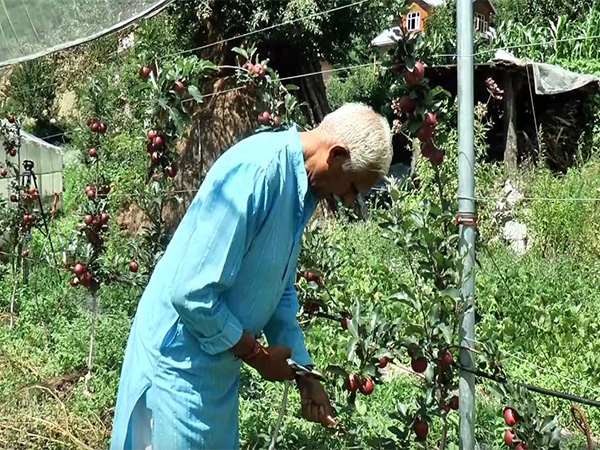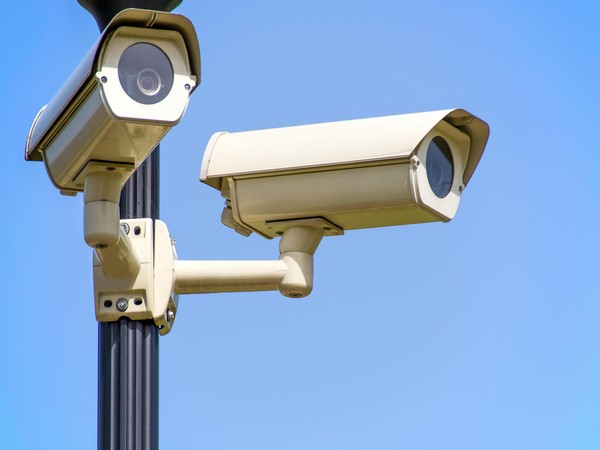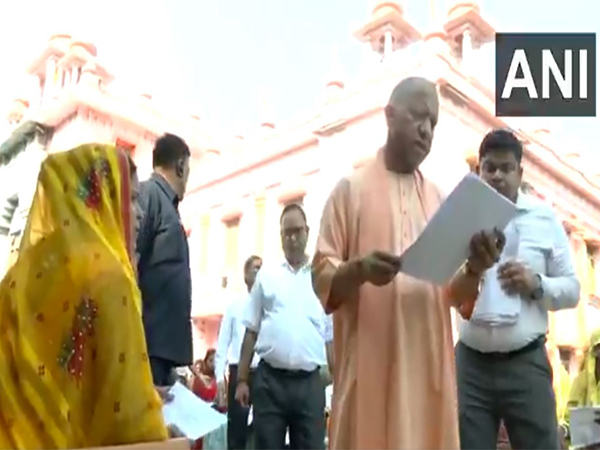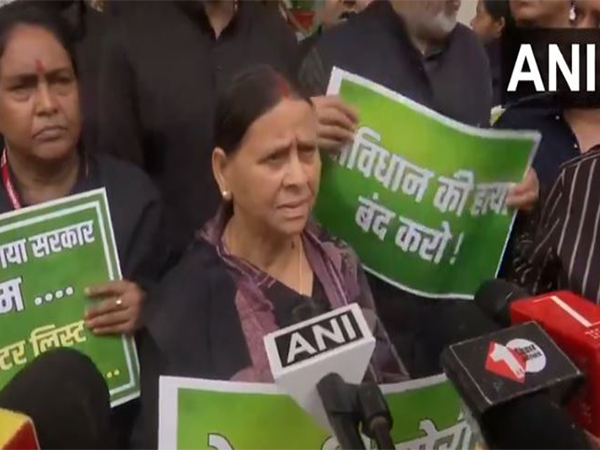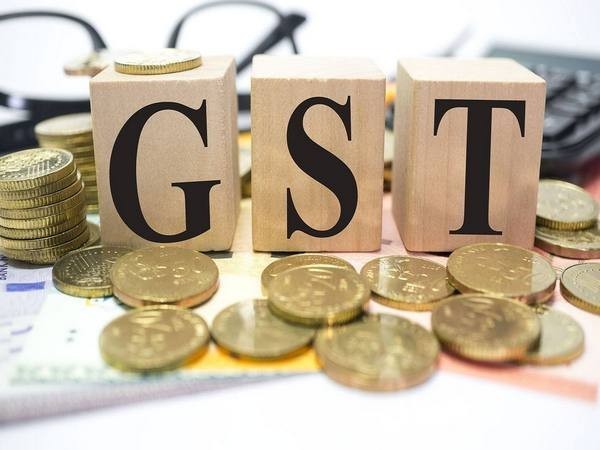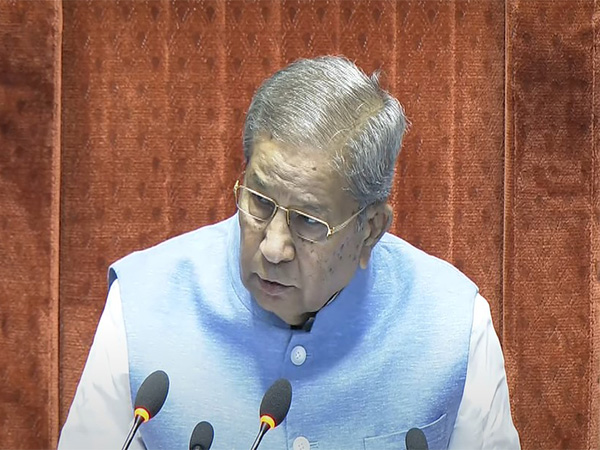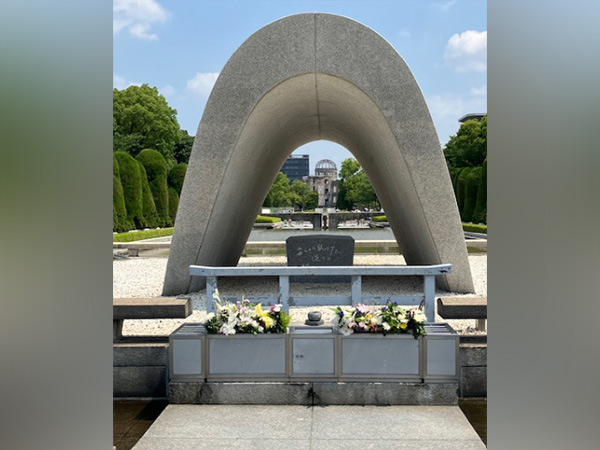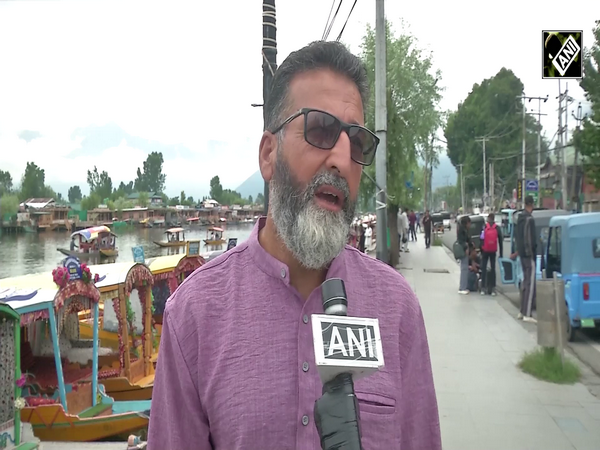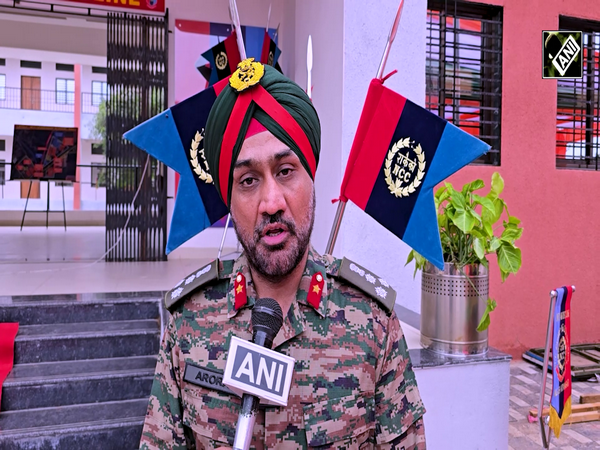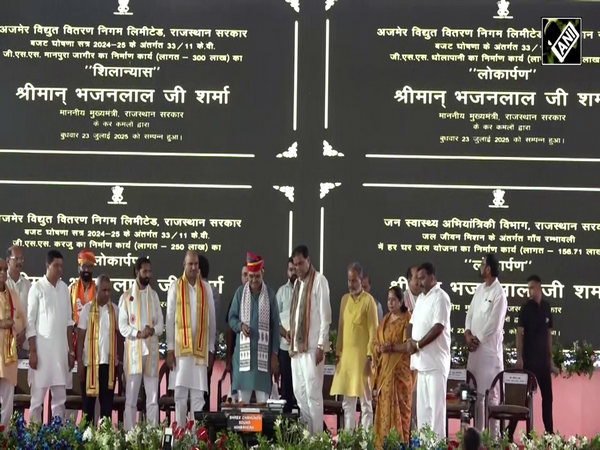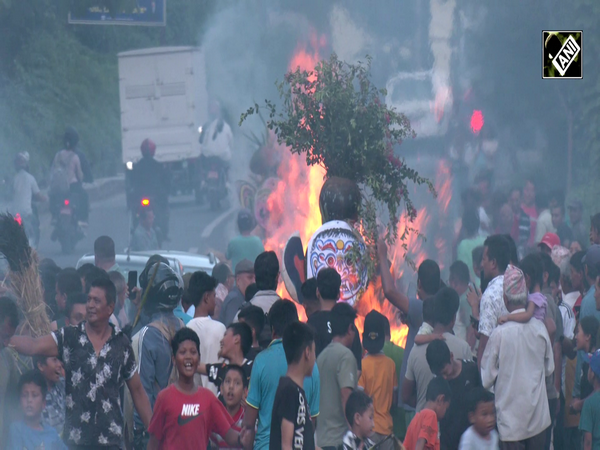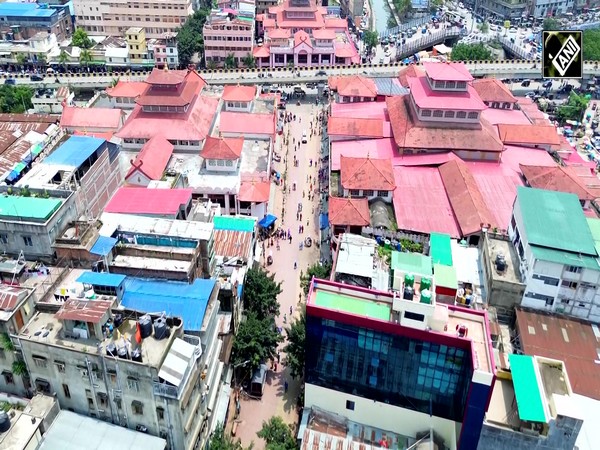Discount on liquor price giving rise to bootlegging activity, Delhi government to HC
Mar 07, 2022

New Delhi [India], March 7 : The Delhi government on Monday opposed the pleas challenging its decision prohibiting any discount or rebate on the MRP of liquor in the national capital and told the Delhi High Court that this was giving rise to bootlegging activity.
The counsel for the petitioners argued that the order issued by the Delhi government prohibiting the discount on the MRP of liquor is arbitrary and outside the purview of the excise department in view of the new excise policy.
The Delhi government counsel vehemently opposed the petitions saying that regulation mechanism and public restrain is required. It was within the right of the government.
The applications were filed in the petitions challenging the Delhi excise commissioner's February 28 order discontinuing any discount or rebate on the Maximum Retail Price (MRP) of liquor here.
Senior Advocate Mukul Rohtagi argued for a petitioner before the bench of justice V Kameswar Rao that the contentions given in the affidavit filed by the Delhi Government are not correct.
Rohtagi argued that the order is based on some points including law and order, COVID-19 spread and bootlegging. He argued that law and order is the subject of the police, not of the excise department. "Besides that COVID-19 restrictions have been withdrawn. Every institution is open now." He further said that the discount is leading to unhealthy market practices. He added that giving discounts is in favour of market forces and consumer choice is promoted through discounts.
Rohtagi also argued that it is completely arbitrary to discontinue it. He said during the period when the discount was given, there was no complaint of bootlegging as it happens when the supply is short. When a consumer is easily purchasing from a vendor at a discounted price then why would he buy it at a higher price from someone else.
Advocate Tanmay Mehta argued that there is no retail price and only maximum retail price (MRP) is there and the discount was given by the vendor which is not prohibited in the new excise policy. This policy was approved by the minister's council and passed by the LG.
He argued that if the policy was passed by the Delhi government, then who is the excise commissioner to change it. Whether discount is permissible, the answer to this question is yes.
On the other hand, senior Advocate Rahul Mehra appearing for the Delhi government argued that the commissioner was well within his power to issue the order. It was done to put reasonable restrictions on drinking. There was a huge rise in the sale of liquor.
Senior Advocate Abhishek Manu Singhavi submitted that there was a huge rise in sales due to unregulated discounts but there can not be a manifold rise in consumption. "In that case, bootlegging can not be ruled out. 'Buy one get one free' was not the intent of the policy", he added.
Delhi Government in an affidavit filed in the Delhi High Court further stated that there is a possibility of hoarding and future and black marketing cannot be ruled out in the instant case. "Further, according to the revealed data the sale in the month of February vis-a-vis the sale of December there is a huge jump in the cases sold by the L-7Z licensees", the Delhi government stated.
"It was stated that due to the discounting factor, people started buying liquor in bulk and irresponsibly. There was no intent on the part of the government to make the discounting tool of encouraging unhealthy competition and distortions in the market", states Delhi government affidavit.
Earlier, lawyers appeared for petitioners had submitted that vendors here are valid L-7Z license holders state that in June 2021, the Delhi government has approved the new Delhi Excise policy for 2021-2022 and the policy and the tender expressly permit grant of discounts by the retail licensees.
Advocates Sanjay Abbot, Tanmaya Mehta and Honey Uppal for the petitioner had stated that the actions of the respondent are arbitrary, manifestly, arbitrary, disproportionate, discriminatory and violative of the petitioner's fundamental rights under Article 14 of the Constitution of India. And no opportunity of being heard was given before withdrawing commercial clauses having an impact on the civil rights of licensees. There has been a total breach of natural justice, said the petition.
The petition stated that the impugned decision of the respondent completely takes away the petitioner's right to make business decisions with regards to discounts, concessions, rebates which the petitioners were otherwise empowered to take under the new Excise policy and tender documents.
'Clauses' such as giving discounts formed an essential part of the new Excise policy scheme. Hence, the impugned to discontinue or withdraw an important clause is in complete contradiction to the letter and spirit of the Excise Policy, the plea added.
